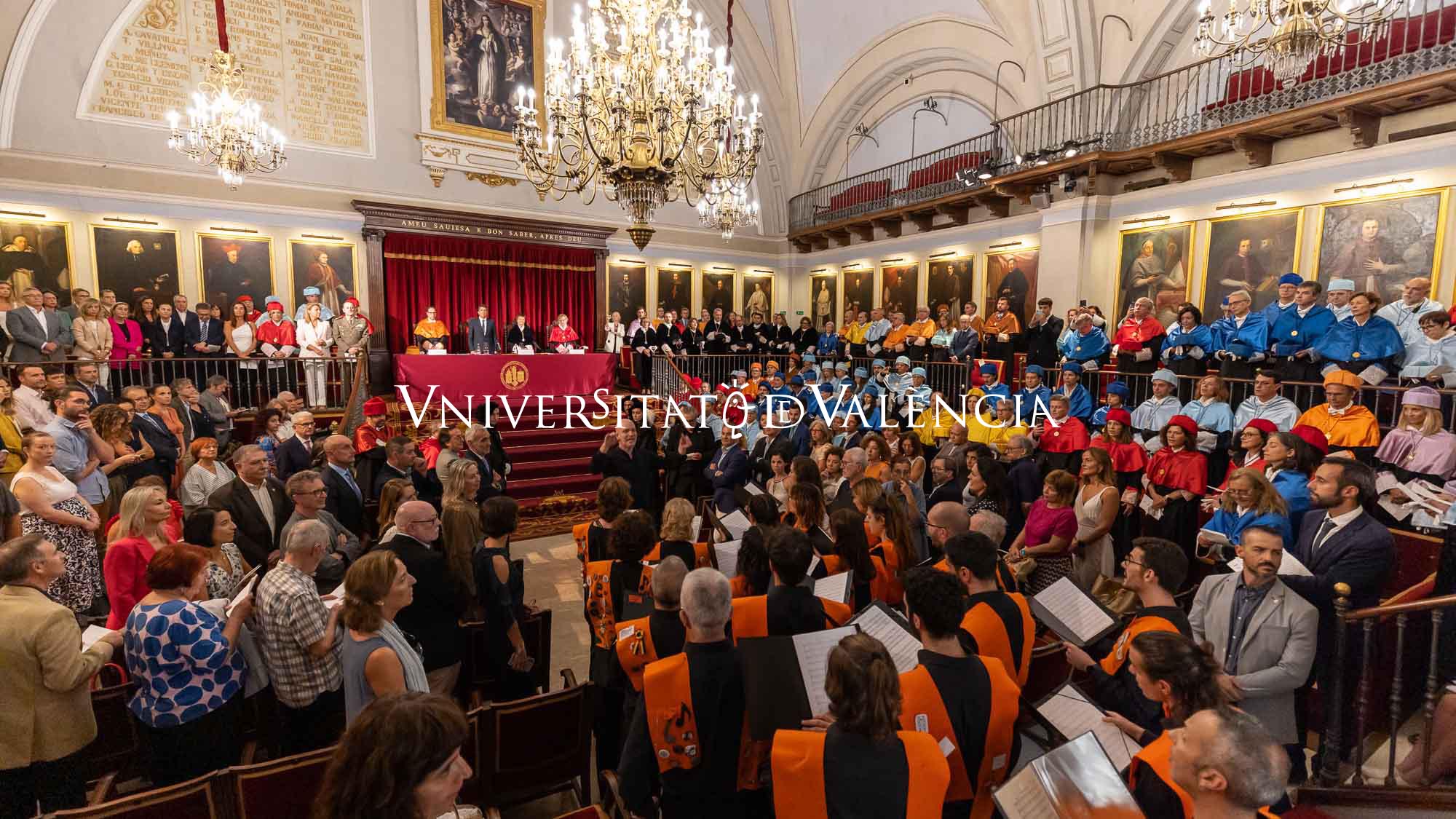Master's Degree in Theoretical Chemistry and Computational Modelling (Erasmus Mundus)
- Saber analizar y comprender el funcionamiento de los distintos tipos de sociedades. Identificar el tipo social más adecuado dadas las necesidades de los socios que integrarán la sociedad y la actividad económica a desarrollar.
- Students demonstrate their knowledge and understanding of the facts applying concepts, principles and theories related to the Theoretical Chemistry and Computational Modeling.
- Students broaden and/or acquire knowledge of the basic methods of Quantum Chemistry and evaluate its applicability in a critical way.
- Students acquire an overview of the different applications of the Theoretical Chemistry and modeling in the fields of Chemistry, Biochemistry, Materials Sciences, Astrophysics and Catalysis.
- El estudiante tiene capacidad de generar nuevas ideas.
- Students understand the basis of Statistical Mechanics formulated from the collectivities.
- Students are familiar with the fundamental postulates of Quantum Mechanics necessary for a good understanding of the most common methods used in quantum chemistry
- Students handle the most common programming techniques in physics and chemistry and are familiar with the essential computational tools in these areas.
- Students are able to develop efficient programs in FORTRAN in order to use such tools in their daily work.
- Students understand the basic principles of "ab initio" methodologies and Density Functional Theory
- Students know theories and methods of calculation associated with kinetic processes and evaluate its applicability to the calculation of speed constants.
- Student are familiar with computational techniques which, based on mechanics and molecular dynamics, are the basis for designing molecules of interest in fields such as pharmacology, petrochemistry, etc.
- Students know and critically evaluate the applicability of advanced methods of quantum chemistry to quasi-generated systems, such as systems with transition metals or excited states (their spectroscopy and reactivity).
- Students know the theories and calculation methods for the study of solids and surfaces. Critical evaluation of its applicability to problems of catalysis, magnetism, conductivity, etc.
- Students know the existence of advanced computational techniques such as instruction and data channeling, superscalar and multiscalar processors, chain operations, parallel platforms, etc.
















